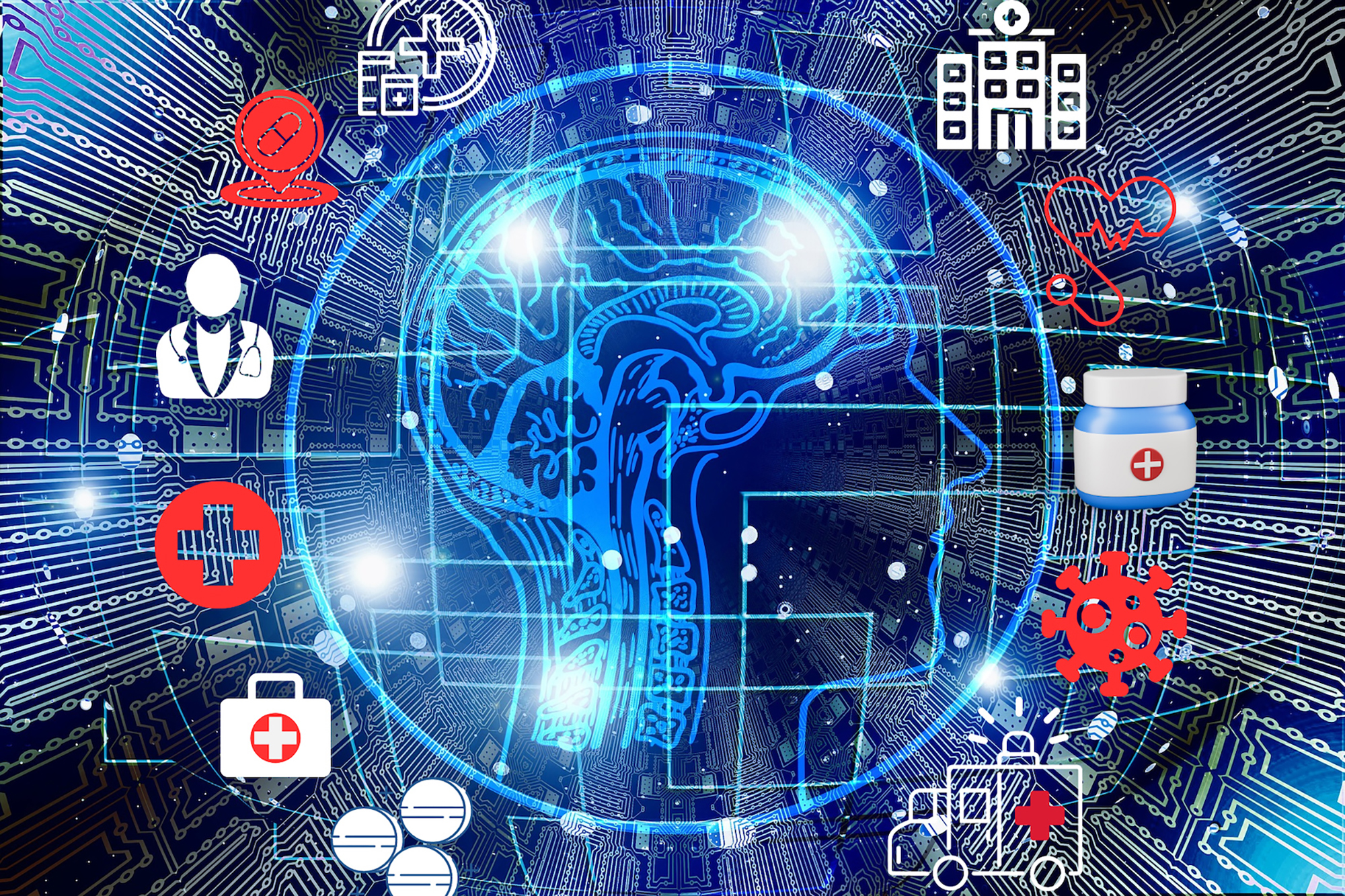As the healthcare industry continues to evolve, artificial intelligence (AI) is playing an increasingly important role in healthcare management. In South Africa, medical schemes including Discovery Health, Fedhealth and Momentum Health are using AI to provide personalised healthcare recommendations, predict health risks and optimise treatment pathways despite some lingering concerns about safety and reliability.
The future of AI in South African healthcare looks promising, with the market expected to undergo significant growth in the coming years. According to Spherical Insights, the South African AI in healthcare market was valued at $0.072-billion in 2023 and is projected to reach $3.199-billion by 2033, reaching a compound annual growth rate of 46.14% from 2023 to 2033.
Innovative solution
Discovery Health recently introduced Personal Health Pathways, an AI-powered platform that provides personalised health recommendations to 2.1 million adult members of the Discovery Health Medical Scheme.
The platform leverages large datasets, advanced machine learning and clinical science.
Examples of the fully personalised clinical actions Personal Health Pathways delivers:
- A healthy 42-year-old woman may be encouraged to schedule a health check, complete a mental wellbeing assessment, go for a dental check-up, get a mammogram or Pap smear, nominate a primary care GP, complete a Vitality Age Assessment, or receive a flu vaccine.
- A 45-year-old man with elevated cholesterol and blood pressure may be guided to visit his GP for a check-up, collect prescribed medicine, monitor blood pressure or cholesterol levels, or go for prostate or colon cancer screening.
- A 65-year-old man with diabetes may be prompted to schedule an HbA1c test, collect medicine, undergo foot and retinal screenings, complete a prostate cancer test, or take a mental wellbeing assessment.
Better health outcomes
Dr Mike Marshall from Medscheme, Fedhealth’s managed care partner, highlighted the scheme’s use of predictive analytics and machine learning to proactively identify and manage health risks.
“Our award-winning predictive analytics models use AI algorithms to analyse data to predict health trends and future healthcare events like hospitalisation and readmission,” Marshall said.
These models leverage the data generated by 12 million claim lines, 1.5 million interactions and 475,000 calls a month to build advanced AI models that integrate and personalise healthcare for the best possible health outcomes. This enables early disease management interventions, allowing Fedhealth to improve patient outcomes and reduce avoidable hospitalisation.
By integrating advanced data analytics, the scheme’s managed care programmes can continuously monitor patient outcomes, identify gaps in care and develop targeted interventions that enhance health outcomes and optimise scheme sustainability. This has been valuable in ensuring quality care is received by members with mental illness and chronic conditions such as diabetes and heart disease.
Speaking to Daily Maverick, Margot Brews, head of health risk management strategy at Momentum Health, said AI had helped them with closely analysing commonalities within a member’s treatment pathway.
“When we review clinical data such as doctors’ consultations, the discipline of the doctor and their particular field of expertise, along with the medication prescribed, we can more timeously start to see patterns developing. This indicates and therefore informs us that the member may have a more serious illness or chronic disease that requires clinical support on a more extensive scale, which we can then discuss with the member and facilitate. AI models are also applied in the adjudication of claims and the detection of potential fraud, waste and abuse,” Brews said.
Mitigating risks
However, despite the potential benefits of AI in healthcare, some concerns transcend geographical boundaries. Dr Gwen Nichols, chief medical officer of the American Leukaemia & Lymphoma Society (LLS), highlighted on the association’s website concerns about privacy breaches, “AI generating inaccurate information, being impersonal and, in some cases, even discriminatory.”
Nichols says patients are generally distrustful of AI in healthcare and cited a study published in Nature Medicine in 2024 which found that patients were less likely to deem AI-generated medical advice reliable and less willing to follow it.
An article by Margaret Chustecki – Benefits and Risks of AI in Healthcare, published by the Interactive Journal of Medical Research, also listed several risks associated with AI in healthcare, including:
- AI diagnosis is not always superior to human diagnosis
- AI programmes may be difficult to understand and overly ambitious
- Implementation issues
- Transparency issues and risks with data sharing
- Biases
- Mistakes in disease diagnosis, or AI cannot be held accountable
- Data availability and accessibility
- Regulatory concerns
- Social challenges
To address such concerns, chief actuary at Discovery Health Emile Stipp noted that “Discovery complies with all relevant legislation, and follows the highest standards of protection of personal information, and security.”
“Discovery Health uses health claims and clinical data, exercise and lifestyle data to train its AI models. All of the predictive AI models apply specific algorithms that specifically identify and record the reason for a particular next best action recommendation being made to an individual. Our AI models are therefore explainable – it requires sophisticated and advanced data science to ensure explainability, but this is built into the program from the word go,” Stipp said. DM





